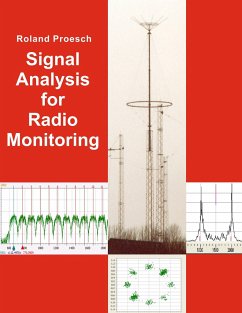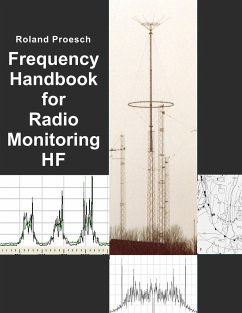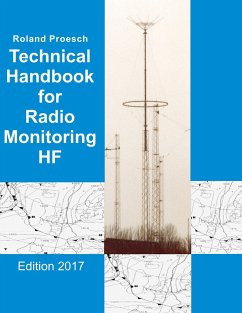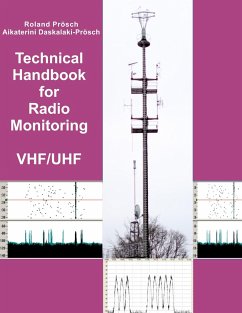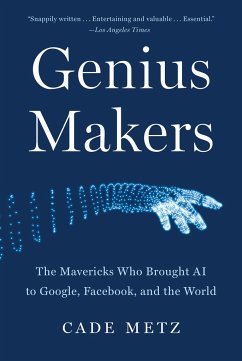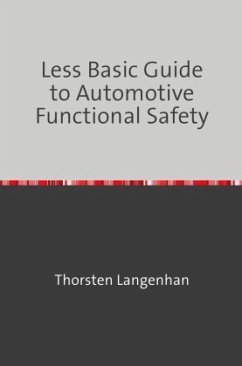
Signal Adaptive Methods To Optimize Prediction Signals in Video Coding
Versandkostenfrei!
Versandfertig in 6-10 Tagen
14,95 €
inkl. MwSt.

PAYBACK Punkte
0 °P sammeln!
The increasing demand for high resolution videos, together with limited transmission and memory capacity is still driving the research on high performance video compression codecs. As a core technique in state-of-the-art video codecs such as High Efficiency Video Coding (HEVC) a hybrid approach with block based architecture is used. The term "hybrid" refers to a combination of prediction from previous frames or adjacent blocks from the frame itself together with a transform coding of the resulting residual. Therefore, the quality of the prediction signal has a large influenceon the efficiency ...
The increasing demand for high resolution videos, together with limited transmission and memory capacity is still driving the research on high performance video compression codecs. As a core technique in state-of-the-art video codecs such as High Efficiency Video Coding (HEVC) a hybrid approach with block based architecture is used. The term "hybrid" refers to a combination of prediction from previous frames or adjacent blocks from the frame itself together with a transform coding of the resulting residual. Therefore, the quality of the prediction signal has a large influence
on the efficiency of video codecs.
"Signal Adaptive Methods To Optimize Prediction Signals in Video Coding" introduces novel iterative filter methods for prediction signals based on state-of-the-art image processing methods. It is shown that these filters significantly improve the rate-distortion performance of state-of-the-art hybrid video codecs while not imposing too much additional complexity.
on the efficiency of video codecs.
"Signal Adaptive Methods To Optimize Prediction Signals in Video Coding" introduces novel iterative filter methods for prediction signals based on state-of-the-art image processing methods. It is shown that these filters significantly improve the rate-distortion performance of state-of-the-art hybrid video codecs while not imposing too much additional complexity.



